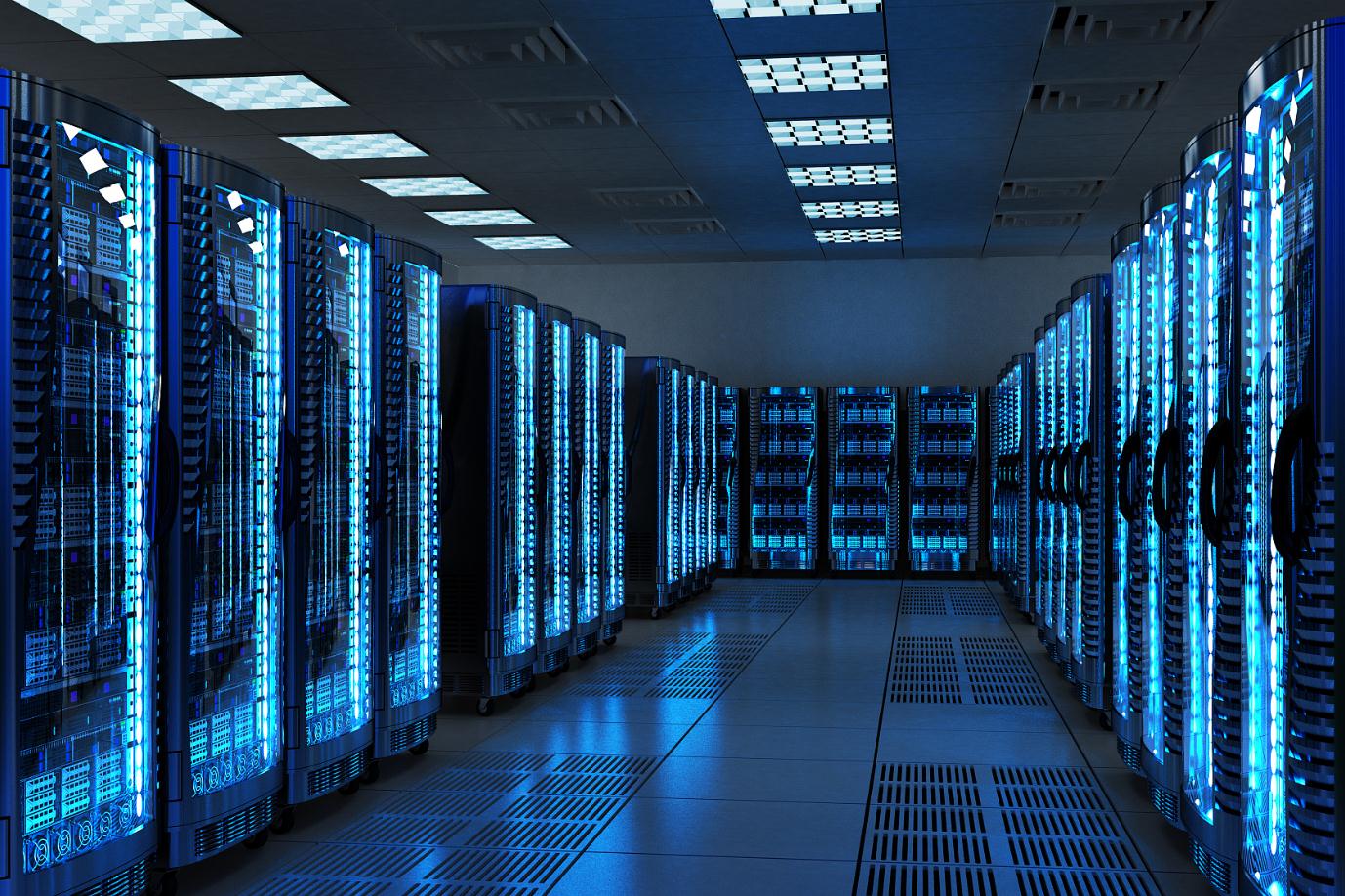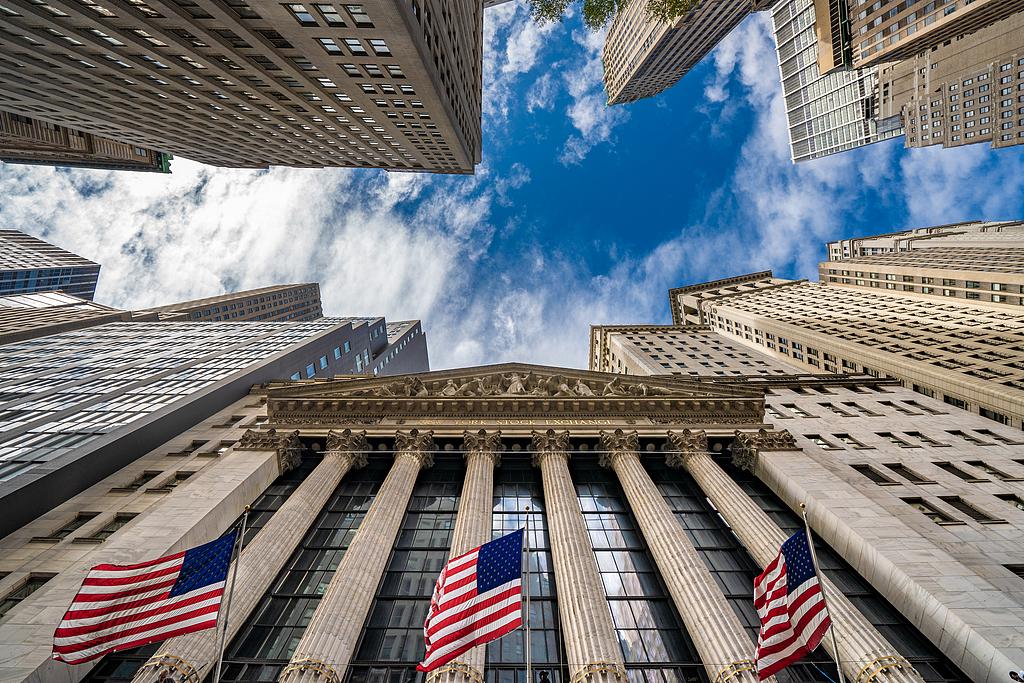
In today's field of science and technology, the artificial intelligence (AI) industry has undoubtedly become an extremely expensive competitive game, its scale and impact are not limited to the development of large-scale models, but through the ecological construction and technological innovation of the entire industry. This trend has been more significantly reflected in the beginning of 2025, and Microsoft, as one of the technology giants, has made a particularly noticeable move.
On January 3, 2025, Microsoft Vice Chairman and President Brad Smith (Brad Smith) issued a statement on his company's official blog, announcing that Microsoft plans to invest about $80 billion in the construction of artificial intelligence data centers in fiscal year 2025 (that is, from July 1, 2024 to June 30, 2025). These centers will be responsible for training AI models and deploying AI and cloud applications globally, with more than half of the funding going to the United States. If calculated in this way, in the next six months, Microsoft's investment in the field of AI will reach a staggering $40 billion, demonstrating its firm belief in the development of artificial intelligence and huge investment.
In contrast, Amazon's plan to invest $100 billion in data centers over the next decade, announced at the end of June 2024, is slightly conservative in the face of Microsoft's "big money." This comparison not only reflects the fierce competition among technology giants in the field of AI, but also indicates that the entire industry is entering an unprecedented period of high investment.
Microsoft's saturation investment is not out of nowhere, but based on its deliberate strategic layout. According to the financial report, Microsoft's capital expenditure in the first quarter of fiscal year 2025 has reached $20 billion, an increase of 5.3%, mainly used to support the infrastructure construction of cloud services and AI products, including leasing, real estate and other key areas. Microsoft Chief Financial Officer Amy Hood further revealed on the earnings call that capital expenditures will increase in the second fiscal quarter (the fourth quarter of 2024), indicating that the pace of Microsoft's investment in AI is accelerating.
Wall Street analysts, based on market data and company dynamics, forecast that Microsoft's capital spending in fiscal 2025 will reach $84.24 billion. Brad Smith's $80 billion data center investment plan means that Microsoft will put the vast majority of the annual capital expenditure (about 95%) into the field of AI, this comprehensive betting investment strategy undoubtedly shows Microsoft's extreme optimism and firm determination for the future of AI.
It is worth noting that Microsoft's saturation investment in AI has begun to yield positive returns. Its AI business, which covers cloud services and AI assistant Copilot and other services, saw significant growth in the third quarter of 2024. Microsoft's total cloud revenue grew 22 percent year over year to $38.9 billion, with 12 percent of Azure revenue coming directly from AI technology. Microsoft CEO Satya Nadella predicts that by the end of 2024, Microsoft's AI business is expected to exceed the $10 billion annual revenue mark, making it one of the fastest growing business segments in Microsoft's history.
In addition to building its own data centers, Microsoft is also actively investing abroad in the field of AI, especially its deep cooperation with OpenAI. Microsoft has committed a total of $13 billion to OpenAI and contributed $750 million in its latest $6.6 billion funding round. By integrating the OpenAI model into Microsoft's software products and cloud platform, Microsoft not only achieves technical complementarity, but also gains substantial business value. Analysts believe that Microsoft's investment in OpenAI could turn out to be one of the smartest investment decisions in its history.
Led by Microsoft, global tech giants are betting on AI. Amazon CEO Andy Jassy announced at re: Invent that it will spend $75 billion in AWS and generative AI in 2025, and plans to significantly increase capital spending in the next few years to support data center procurement of AI GPUs and servers. Morgan Stanley even predicts that Amazon's capital spending will reach $96.4 billion in 2025 and grow further to $105 billion in 2026, far higher than its previously announced plan to invest $100 billion over the decade.
Globally, tech giants such as Microsoft, Amazon, Google and Alibaba dominate the construction of ultra-large data centers. These data centers are not only numerous, but also technologically advanced, becoming an important infrastructure to promote the development of AI technology. Although Google has a relatively small number of data centers, it has a long history of building very large data centers and plans to invest $20 billion over the next decade to build "industrial parks" equipped with renewable energy generation facilities to support data center operations.
At the same time, artificial intelligence startups are also rising rapidly, such as OpenAI plans to invest $110 billion in cooperation with Microsoft to build a hyperscale data center project, although the project has not updated news after the third quarter of 2024, but its ambition has been seen. Musk's xAI team has built a Colossus supercomputing cluster with 100,000 H100s at an astonishing speed, and plans to expand it in the coming months, eventually integrating more than 1 million Gpus, and possibly even reaching a staggering number of "1 billion." This series of moves not only shows the infinite potential of the AI industry, but also intensifies the intensity of market competition.
In this data center investment frenzy, chip, server and power industry chain links have also ushered in unprecedented development opportunities. The emergence of innovative technologies such as liquid cooled servers has spawned a number of AI network red companies; The growing demand for high-speed connectivity is driving the rapid development of market segments such as AEC (Active Copper Cable). At the same time, Chinese technology manufacturers are also increasing investment in AI, although the overall scale is not as big as Microsoft and other international giants, but through the smart use of limited computing resources and practical strategies, also achieved good results in the field of AI.
The industrial transformation triggered by AI is still in its infancy, and its huge potential is far from being fully released. With the continued investment and innovation of technology giants in the field of AI, there is reason to believe that artificial intelligence will play a more important role in the future, promoting human society to a more intelligent, efficient and sustainable development path.

In December 2025, the US banking industry was once again shrouded in the shadow of risks.
In December 2025, the US banking industry was once again sh…
In December 2025, US President Trump signed an executive or…
Recently, the barometer of the US economy has shown unstabl…
Recently, the dispute over the digital services tax between…
Recently, the International Monetary Fund (IMF) and the Org…
A clear consensus has emerged in Europe's economic sphere: …